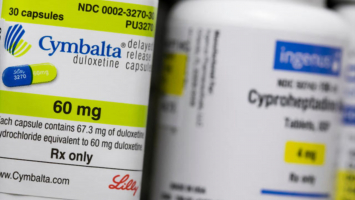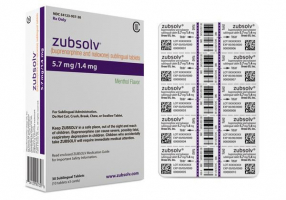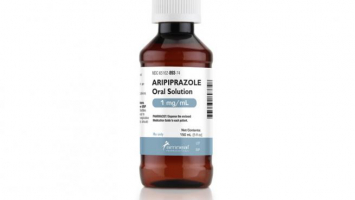Top 7 Things to Know About Amoxicillin
Amoxicillin is an antibiotic medication used to treat a number of bacterial infections. These include middle ear infection, strep throat, pneumonia, skin ... read more...infections, and urinary tract infections among others. It is taken by mouth, or less commonly by injection. If you are interested in this drug then this article is for you: Things to know about Amoxicillin.
-
- By blocking the creation of cell wall mucopeptide, the antibiotic amoxicillin kills bacteria (crystal lattice-like structures composed of amino acids that make up the cell wall). The bacterial cell wall is weakened and destroyed as a result.
- Ampicillin and amoxicillin both work in similar ways.
- Amoxicillin is a member of the penicillin family of drugs.

Photo: Medlatec 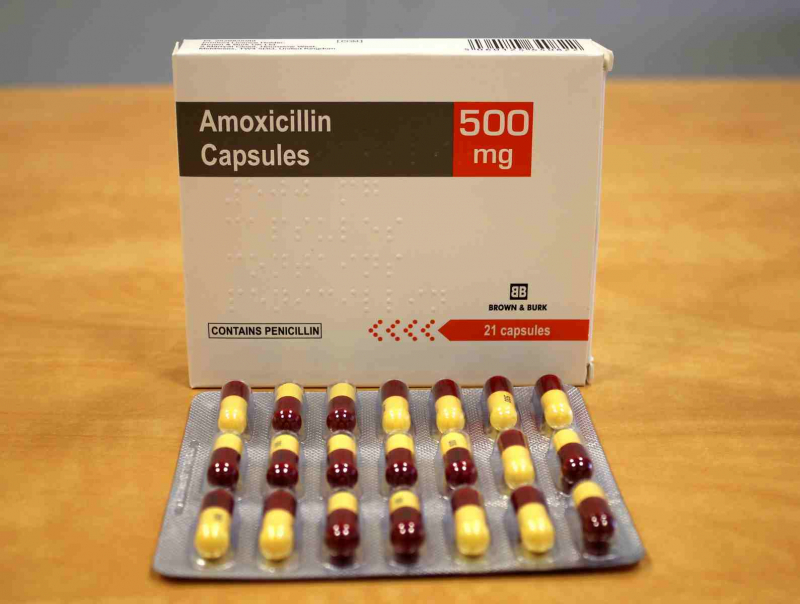
Photo: Brown & Burk -
Benefits of Amoxicillin would the next thing to know about Amoxicillin. Acute otitis media, streptococcal pharyngitis, pneumonia, skin infections, urinary tract infections, Salmonella infections, Lyme disease, and chlamydia infections are just a few of the ailments that are treated with amoxicillin.
- Able to combat bacteria that frequently cause ear, nose, or throat infections.
- May also be used to treat cutaneous, lower respiratory tract, or genitourinary tract infections brought on by sensitive bacteria.
- Particularly effective against: Certain strains of Streptococcus species, especially S. pneumoniae; Enterococcus faecalis; Staphylococcus species (beta-lactamase negative strains only); and aerobic gram-positive bacteria.
- Aerobic gram-negative bacteria: Escherichia coli, Haemophilus influenzae, Neisseria gonorrhoeae, and Proteus mirabilis (only strains that are beta-lactamase negative).
- Has activity against the bacteria Helicobacter pylori as well, which is frequently linked to stomach ulcers. Amoxicillin can help lower the risk of duodenal ulcer recurrence when used with other medications (such lansoprazole and clarithromycin).
- Usually tolerated well.
- Amoxicillin is available in generic form.
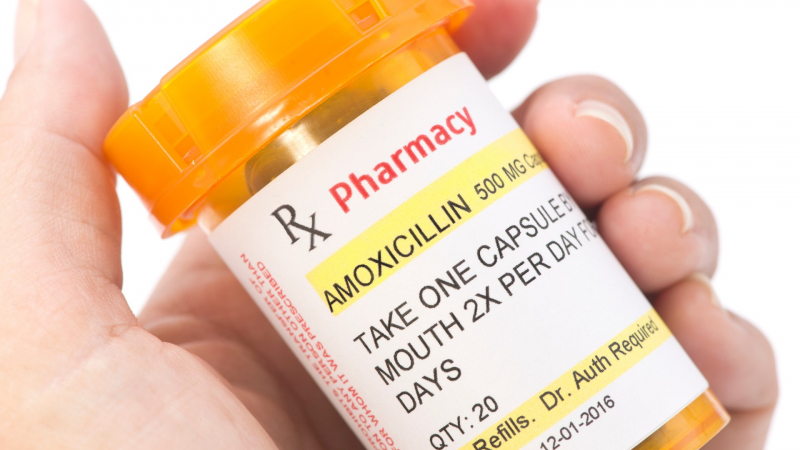
Photo: ABC10 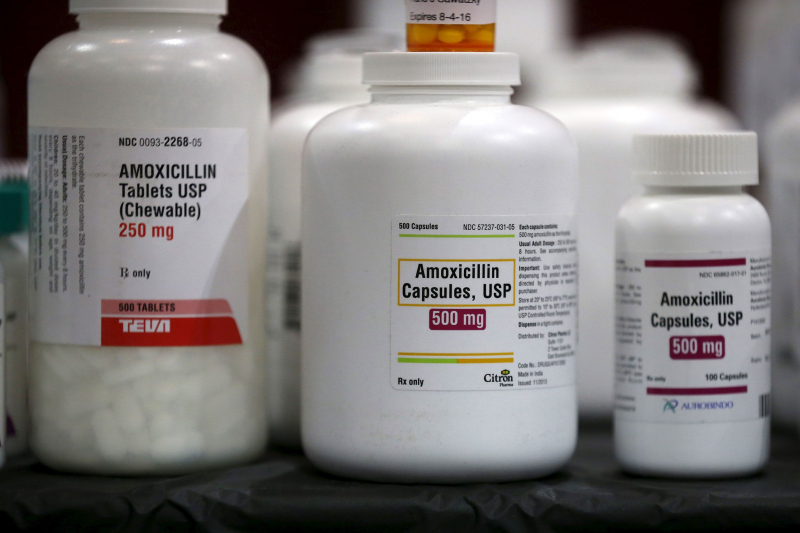
Photo: CNN -
- The most frequent adverse effects of amoxicillin use are skin rashes, taste changes, abdominal pain, headaches, and nausea (fewer than 10% of patients experience these).
- Those who are allergic to penicillin risk experiencing an allergic response. Anaphylaxis occurs in extremely few people (less than 0.01% of the time).
- Not effective against bacterial strains that produce beta-lactamases.
- Amoxicillin resistance should be assumed for Staphylococci bacteria that are resistant to methicillin/oxacillin.
- Almost all antibacterial drugs, including amoxicillin, have the potential to cause severe diarrhea linked to Clostridium difficile.
- Amoxicillin should be avoided in patients with mononucleosis because of the significant risk of rash associated with ampicillin-like antibiotics like this one.
- May result in false-positive glucose findings from various urine tests.
- In those who have a history of penicillin allergies, avoid.
Amoxicillin allergies can manifest suddenly and severely, so it's important to seek emergency medical care as soon as you can. Such a reaction frequently begins with a mental shift, a skin rash with severe itching (typically starting in the fingertips and spreading quickly to the groin area), and feelings of fever, nausea, and vomiting. It is imperative to treat very carefully any additional symptoms that even slightly raise suspicion. A rash, for example, is a milder allergy symptom that might appear at any point during therapy or even up to a week after it has ended. Amoxicillin allergies in certain persons can have fatal side effects like anaphylaxis.

Photo: GoodRx 
Photo: Novant Health -
Next up in the list of things to know about Amoxicillin is tips for using it. The doses should be spaced out evenly throughout the day. If you take it three times a day, you might take it in the morning, in the middle of the day, and at night. Amoxicillin can be taken either before or after food. Amoxicillin capsules should be consumed whole together with water. Never eat them or break them.
- Exactly as instructed, take. Depending on the infection being treated, amoxicillin is often given every eight to twelve hours. Complete the amoxicillin treatment as directed by your doctor.
- Both with and without meals are acceptable.
- If you have trouble swallowing capsules, there are also oral suspensions and chewable pills available.
- If you have any difficulty breathing, throat tightness, or swelling, call 911.
- If you get considerable or continuous diarrhea or a rash, consult your doctor.
- Your doctor might need to routinely request blood tests and assess your kidney and liver function if you're taking amoxicillin for a prolonged period of time.
- After three months, if you are taking amoxicillin for gonorrhea, you might require a follow-up test for STDs (such syphilis).
Your pharmacist will typically provide extra liquid amoxicillin for you if you or your child needs it. A plastic syringe or spoon will be sent with the medication to assist you in measuring the proper dosage. Ask your pharmacist for one if you don't already have one. A kitchen teaspoon will not accurately measure the amount, so avoid using one.
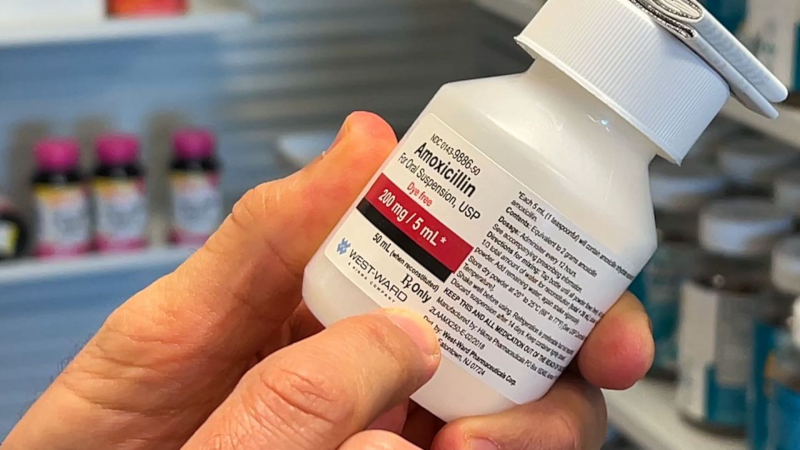
Photo: Spectrum News 
Photo: Freepik -
When taken with amoxicillin, medications that interact with it may either lessen its impact, shorten its duration of action, amplify its negative effects, or have no impact at all. Even while it is not always necessary to cease taking one of the drugs, sometimes there is an interaction between two drugs. Consult your doctor to learn how to handle drug interactions.
Typical drugs with which amoxicillin may interact are:
- allopurinol (may increase the risk of rash)
- blood thinners known as anticoagulants, like warfarin (may prolong bleeding time)
- oral conceiving pills (may decrease absorption leading to reduced efficacy)
- other antibiotics like tetracycline, macrolides, sulfonamides, and chloramphenicol
- probenecid (may raise blood concentrations of amoxicillin)
With copper reduction tests (such as Benedict's or Fehling's solution), amoxicillin may produce a false-positive result for glucose in the urine, but not with enzyme-based assays.

Photo: Vinmec 
Photo: Medical News Today -
- After oral administration, amoxicillin is quickly absorbed, and peak levels are attained 1-2 hours after dose. However, before infection symptoms start to lessen after 24-72 hours of consistent treatment.
- Most bodily fluids and tissues effectively transport amoxicillin. The meninges, which are the membranes that surround the brain and spinal cord, are the only exception since they only allow penetration in cases of inflammation there.
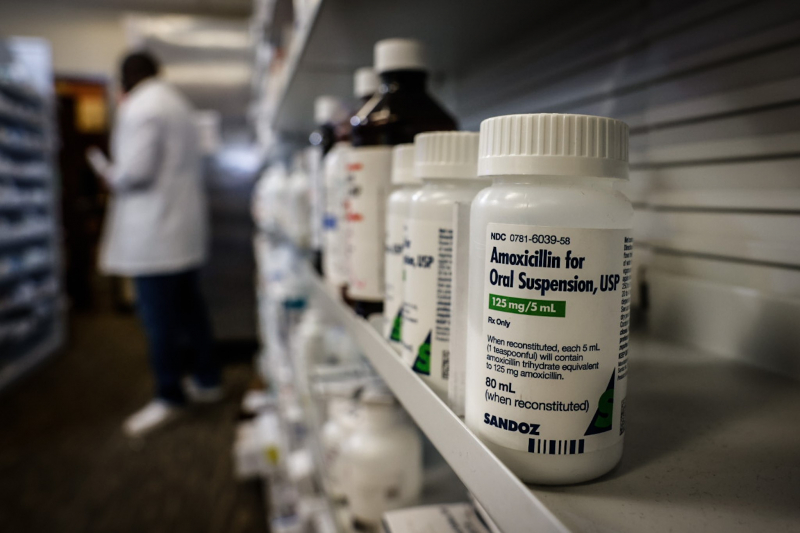
Photo: Dayton Daily News 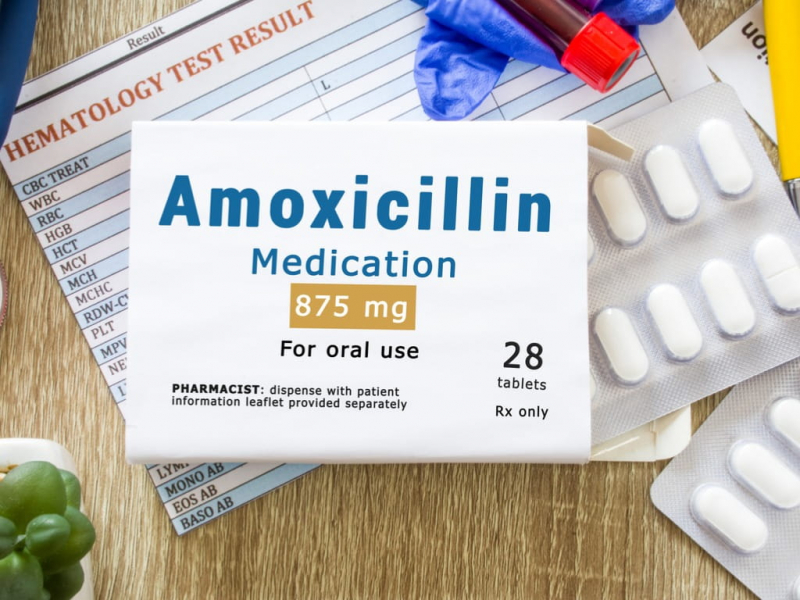
Photo: Poison Control -
- Amoxicillin increases your risk of acquiring a severe rash in mononucleosis (also known as mono or kissing disease) patients.
- Diabetes sufferers should be aware that amoxicillin may result in a false-positive result on a urine glucose (sugar) test. How to control your blood sugar while taking amoxicillin should be discussed with your doctor.
- For those who have kidney disease: If you have severe kidney disease, your kidneys might not be able to quickly remove this medication from your body. As a result, your body may begin to accumulate amoxicillin levels. Your doctor might prescribe you a reduced dose of this medication to help prevent this.
- For those who are expecting: Animal studies have not demonstrated any negative effects of the mother taking amoxicillin on the fetus. Human studies have not been sufficiently conducted to determine whether the medicine endangers the developing fetus. If you are pregnant or intend to become pregnant, you should still talk to your doctor.
- Amoxicillin may enter breast milk and induce negative effects in a kid who is breastfed, which is important information for those who are nursing. If you are nursing your infant, consult your doctor. You may have to choose between stopping the drug or stopping nursing.
- Seniors: Older folks' kidneys might not function as well as they once did. Your body may metabolize medications more slowly as a result. As a result, a greater amount of the medicine stays in your system for longer. Your chance of adverse consequences increases as a result.

Photo: BBC 
Photo: My Southern Health












